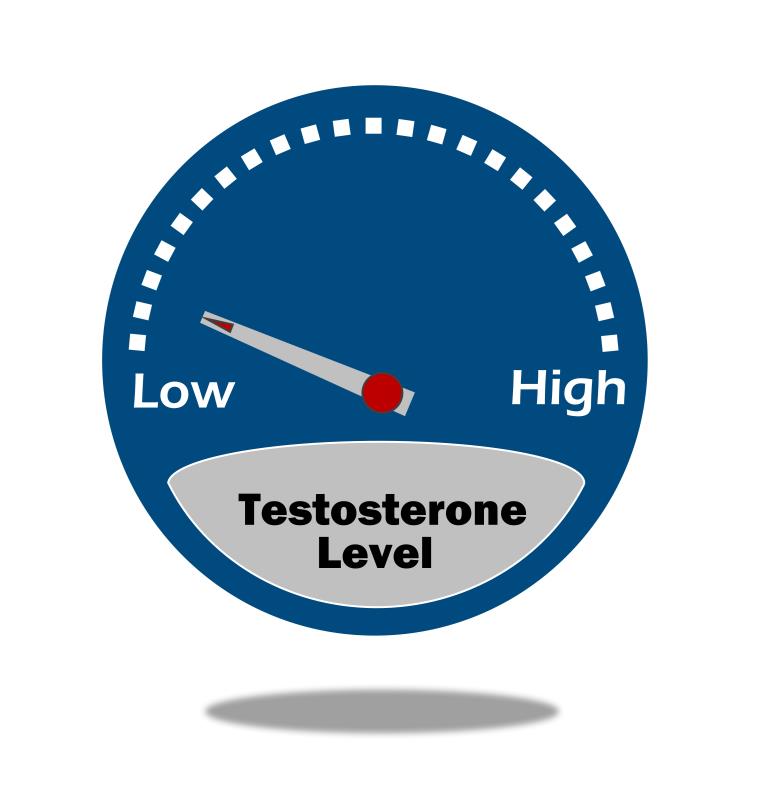
Testosterone replacement therapy (TRT) in men with hypogonadism was associated with an increased risk of ischaemic stroke, transient ischaemic attack (TIA), and myocardial infarction (MI), particularly in the first 2 years of use, a study shows.
Of the 15,401 hypogonadal men (mean age 60.4 years) evaluated from an electronic database, 850 reportedly experienced ischaemic stroke, TIA, or MI during 71,541 person-years of follow-up (crude incidence rate, 1.19/100 persons/year, 95 percent confidence interval [CI], 1.11–1.27). [Am J Med 2019;doi:10.1016/j.amjmed.2019.03.022]
Compared with nonuse, current use of TRT was associated with an increased risk of ischaemic stroke, TIA, or MI (hazard ratio [HR], 1.21, 95 percent CI, 1.00–1.46), with the highest risk observed during the first 6 months to 2 years of continuous TRT use (HR, 1.35, 95 percent CI, 1.01–1.79) and among participants aged 45–59 years (HR, 1.44, 95 percent CI, 1.07–1.92).
The risk appeared to be transient however, as it waned after 2 years of TRT use which, according to the researchers, could be due to a phenomenon called “depletion of susceptibles”, which pertains to the exclusion of participants who discontinue treatment following early adverse reactions. [Pharmacoepidemiol Drug Saf 2017;26:554-560]
Conversely, the risk of all-cause mortality was significantly lower with current TRT use vs nonuse (HR, 0.64, 95 percent CI, 0.52–0.78).
“[This] protective effect … is surprising, given the concurrent increased risk of vascular events … [This could] be the result of reverse causality, in which physicians may discontinue TRT based on perceived deterioration of health or imminent death, because TRT is not a vital medication,” said the researchers.
Given the recent trends in which TRT is being prescribed in the absence of underlying disease to relieve non-specific symptoms of ageing (eg, fatigue, declining sexual function), the findings may only apply to a fraction of ageing but otherwise healthy men who may be considering treatment, said the researchers. [www.fda.gov/Drugs/DrugSafety/ucm436259.htm, accessed 24 Sept 2019]
Larger studies are warranted to further elucidate the clinical benefits and CV risk associated with TRT in this patient group, noted the researchers. [JAMA 2017;317:708-716; Sex Med Rev 2015;3:101-112; N Engl J Med 2013;368:22-33]
“Until such time, the potential CV risk of TRT should be weighed against the perceived and expected benefits among ageing men, a perspective that aligns with warnings issued by health agencies,” said study co-author Dr Christel Renoux from McGill University in Montreal, Quebec, Canada. “In the absence of identifiable causes of hypogonadism … we strongly recommend that clinicians proceed with caution when considering prescribing TRT [in ageing but otherwise healthy men] and discuss first the potential benefits and risks with patients.”